Europe has spent the past two years trying to free itself from dependence on Russian energy, but more expensive alternatives are prompting some landlocked countries to go back to their old source.
A case in point is the Czech Republic, which in the summer of 2023 declared total independence from Russian natural gas and cut its imports to almost zero. Now it’s importing at least some Russian fuel via Slovakia, grid data show.
Those relatively cheap supplies are set to come to an abrupt halt at the end of the year, when a deal allowing flows from Russia to the European Union via Ukraine expires. While central European nations have said they are adequately supplied, they may still face higher costs. Benchmark gas prices in Europe this week soared to the highest in a year.
For now, some traders in the region are buying from the east, in part because Germany has charged a contested transit fee for shipments from the other direction.
“Russian gas is flowing into the Czech Republic simply because it makes economic sense,” Dominik Rusinko, an analyst at the Czech unit of KBC Groep NV, wrote in a report. “One factor is the €2.5 per megawatt-hour transit fee imposed by Germany.”
The flows highlight the challenge some nations face in curbing their reliance on Russian fuel, even as they oppose the Kremlin’s war in Ukraine. Slovakia and Austria have been importing large amounts of Russian gas, while the Czech Republic and Italy receive it indirectly from their neighbors.
Austrian energy company OMV AG on Friday said Gazprom PJSC has provided notice that it will suspend gas deliveries to the central European country on Nov. 16. OMV had pledged to enforce a €230 million ($242 million) arbitration reward against the Russian company.
The Czech Republic doesn’t have any contractual obligations with Gazprom, but its supplies from neighboring Slovakia have surged since last year.
Data from Czech pipeline operator Net4Gas show that the amount of presumed Russian natural gas entering the country from the east rose to about a half of all incoming flows last winter and to about 74% so far this quarter. A small portion transits the country to Germany and Poland.
German Fees
After the outbreak of the war in Ukraine, the Czech Republic boosted its gas imports from non-Russian sources, including Norway and a liquefied natural gas terminal in the Netherlands. But those supplies must cross several nations to reach their destination, and an exit fee at the German border and a storage levy have made them more expensive.
The total cost of moving gas from Germany to neighboring countries is now as much as €3.50 per megawatt-hour, according to Maggie Xueting Lin, an energy research strategist at Citigroup Inc. That’s equivalent to an 8% increase in cost at current benchmark prices.
Germany’s fees have made supplies more expensive and are a major reason for resuming flows from Russia, according to the Czech Industry and Trade Ministry. Several EU countries have called on Berlin to scrap the charge, though a political crisis in Germany has thrown a wrench into any pending legislation.
“We expect imports via Germany to start increasing again once the fee is abolished,” ministry spokesman Marek Vosahlik said by email, adding that the Czech Republic still has adequate supplies without Russian gas.
Czech utility CEZ AS has already turned to LNG to help diversify its supply sources away from Russian gas. The company booked capacity at EemsEnergyTerminal in the Netherlands for 3 billion cubic meters a year, enough to meet a third of the nation’s annual gas demand.
When that deal ends, CEZ has also secured annual capacity of 2 billion cubic meters at Stade, a land-based terminal under construction in Germany, from 2027. That supply will cover more than a quarter of the Czech Republic’s annual gas consumption.
Source: Bloomberg


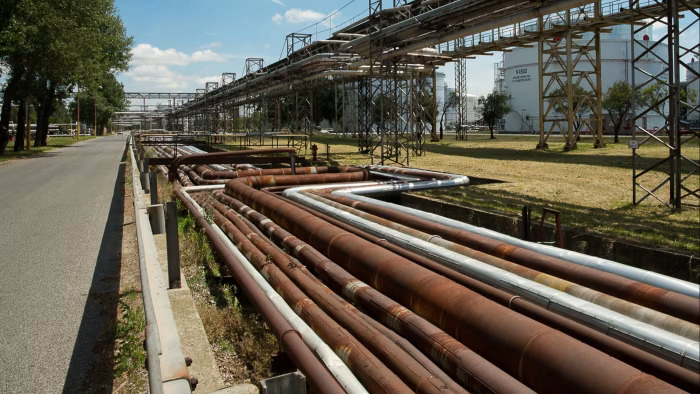
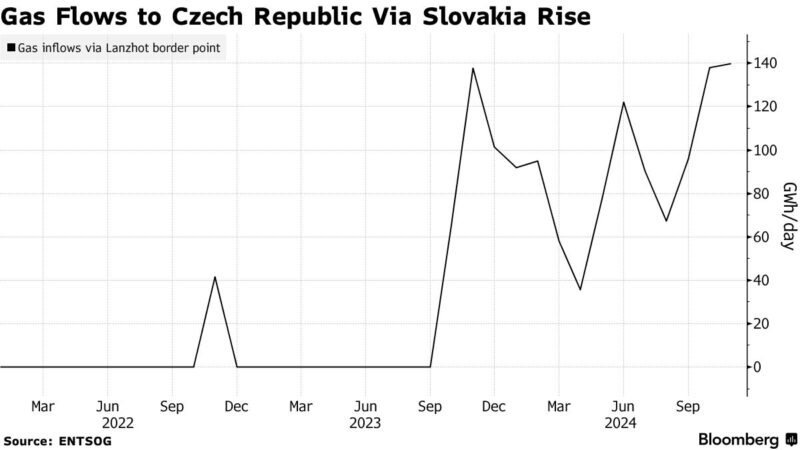


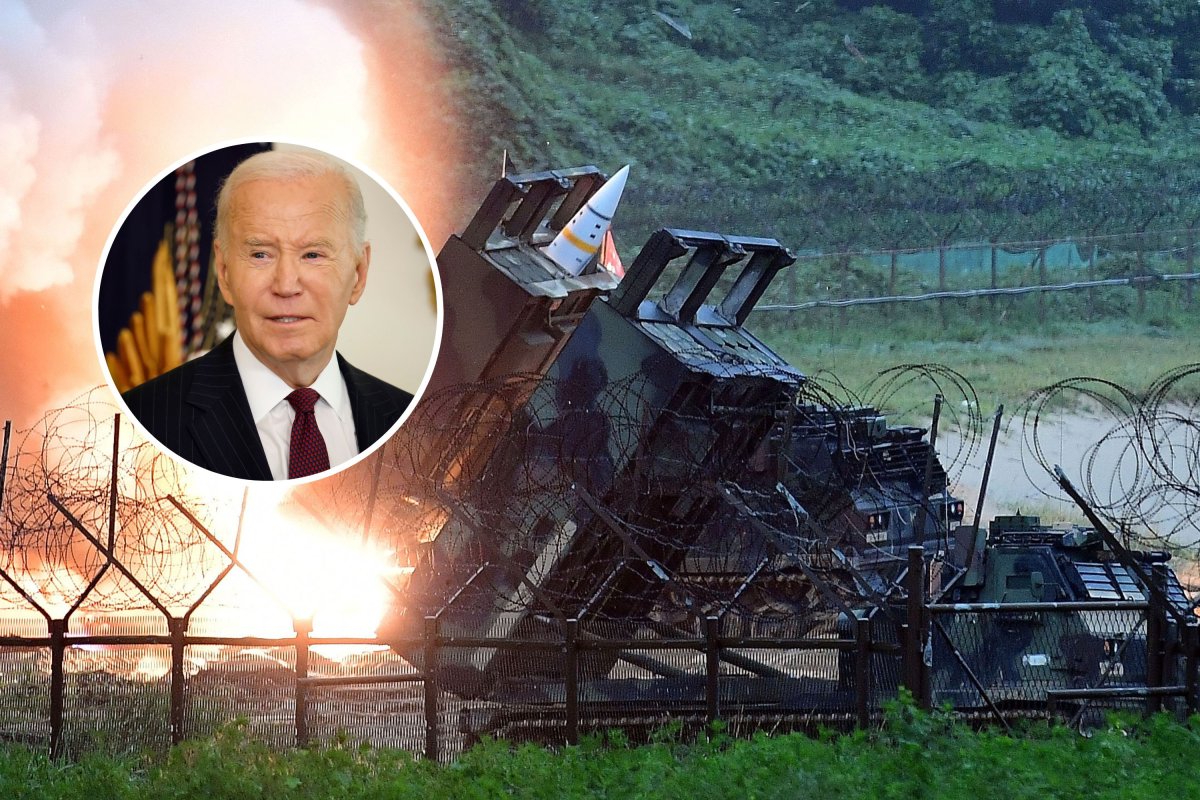



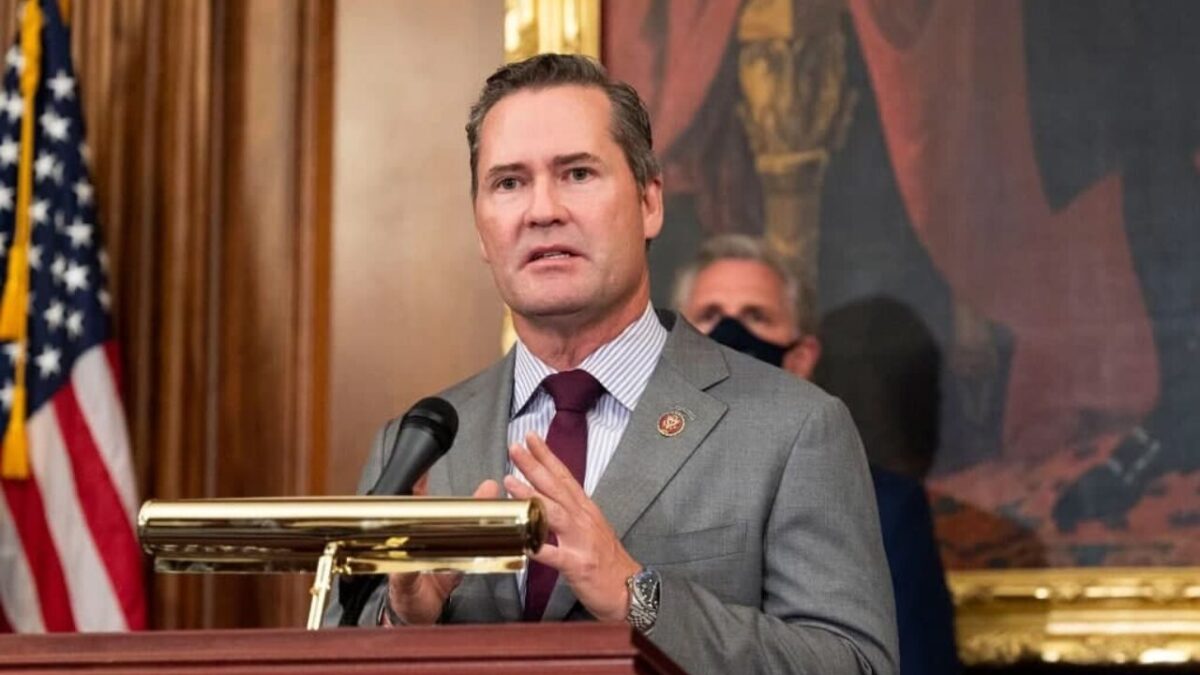

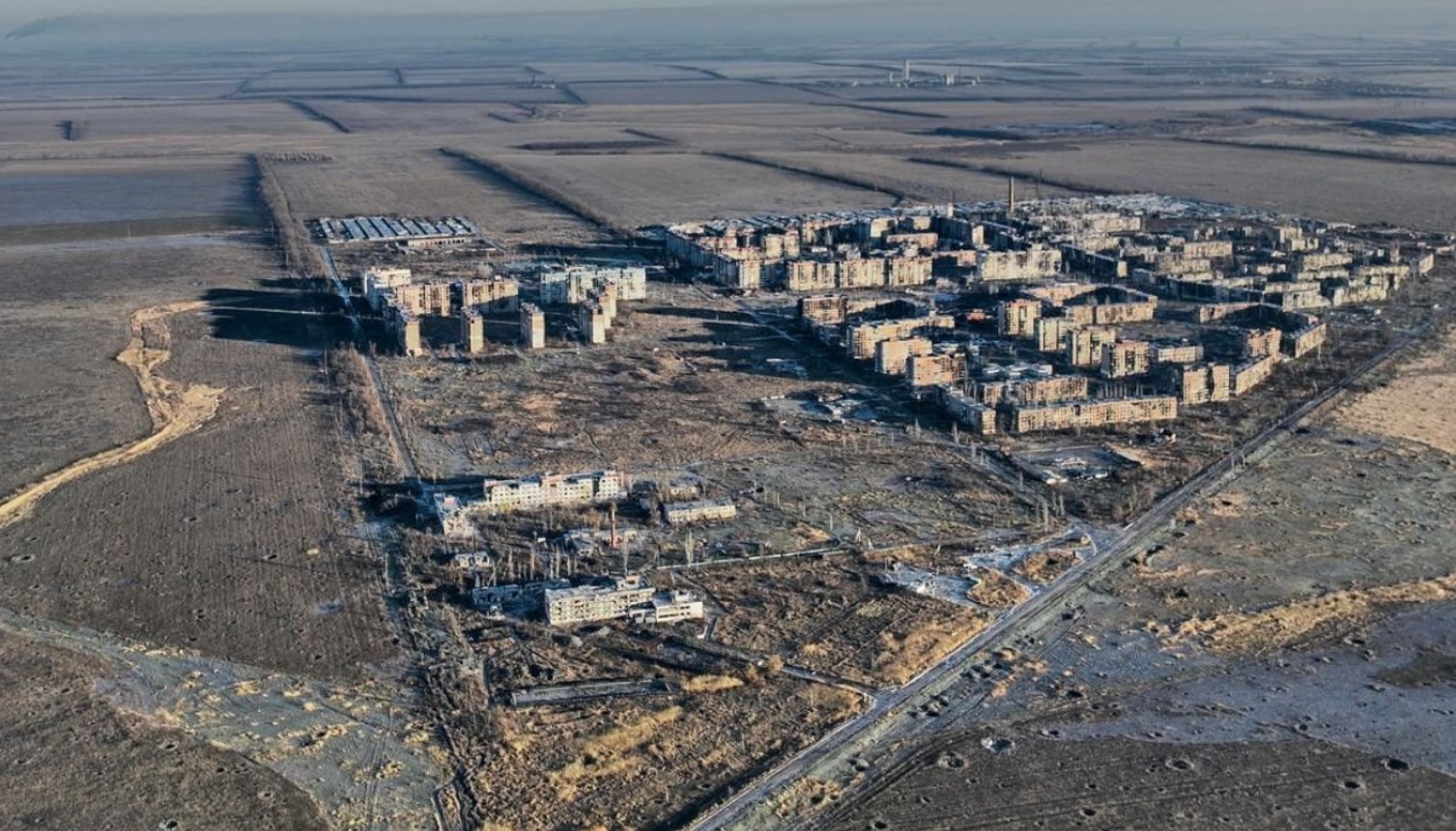
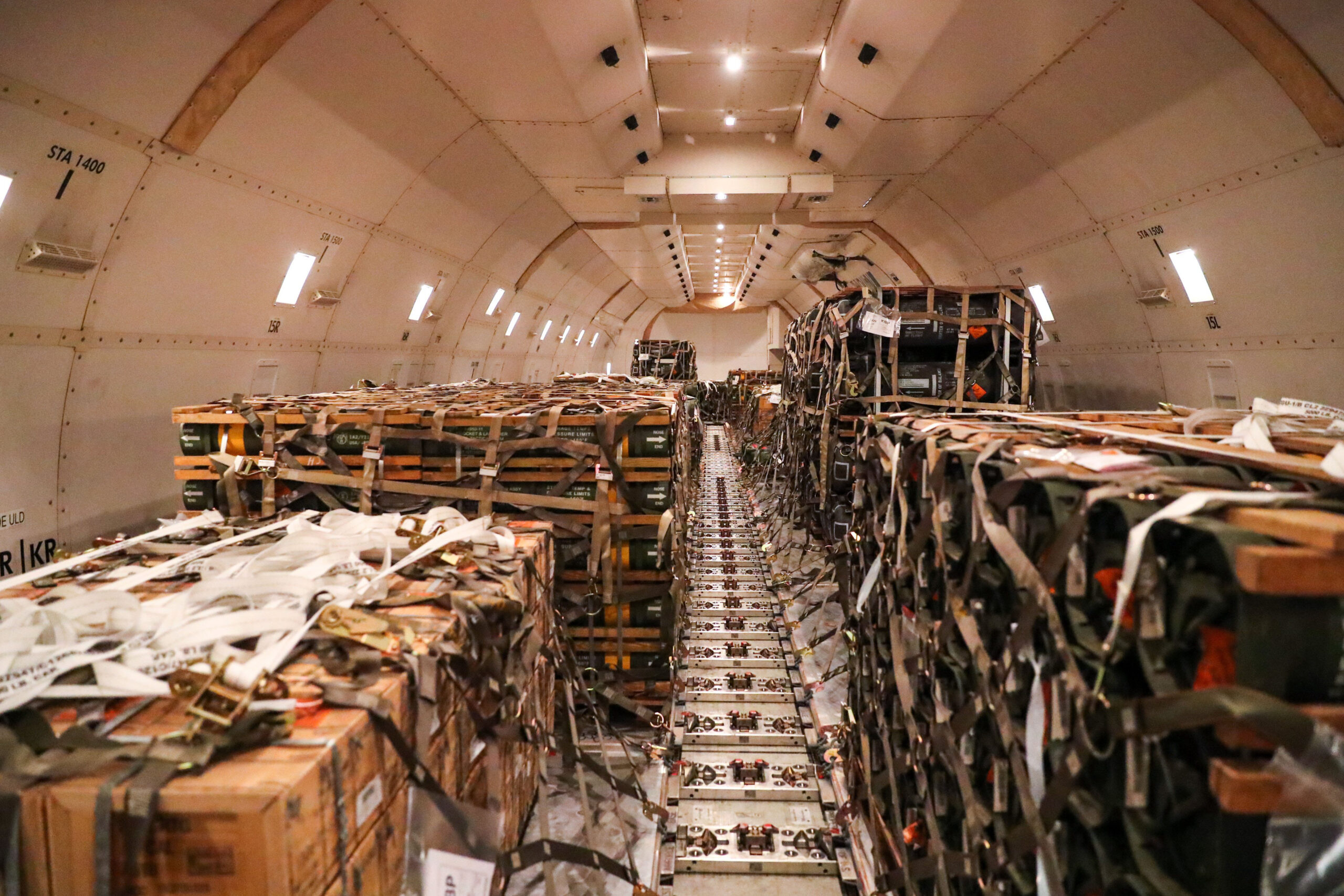
No comments.
By submitting a comment you grant Free West Media a perpetual license to reproduce your words and name/web site in attribution. Inappropriate and irrelevant comments will be removed at an admin’s discretion. Your email is used for verification purposes only, it will never be shared.